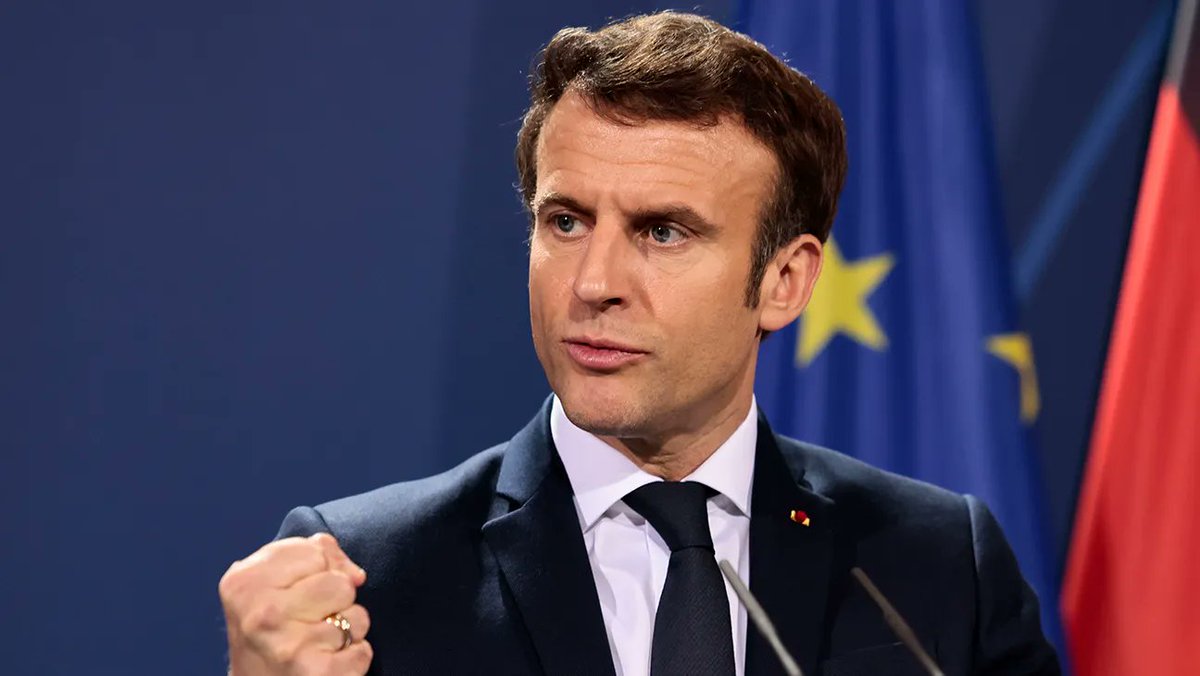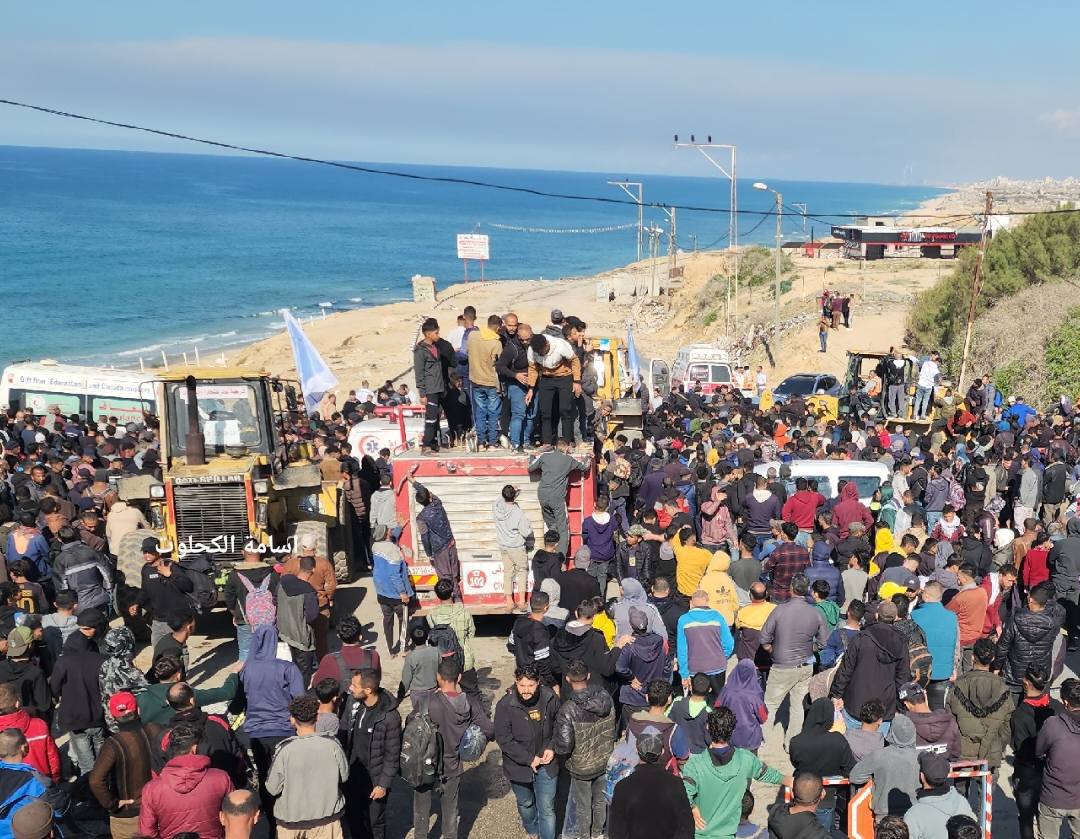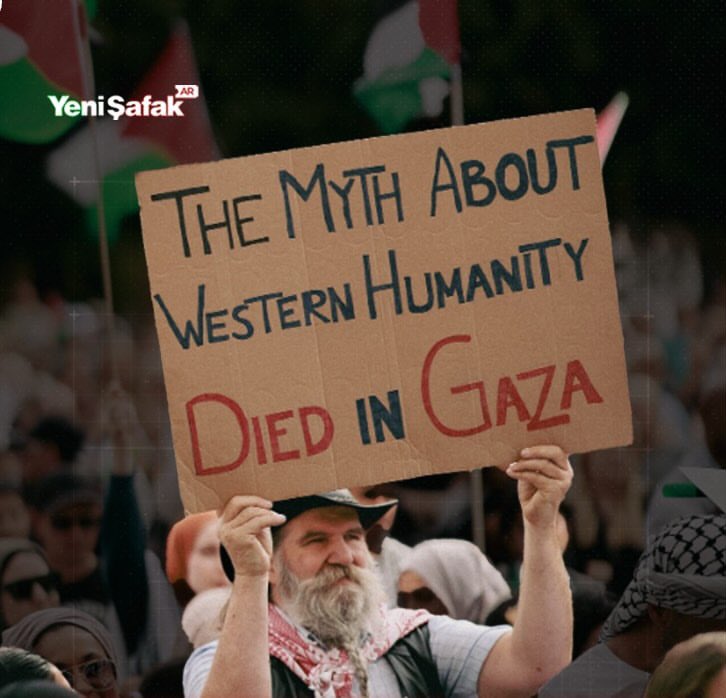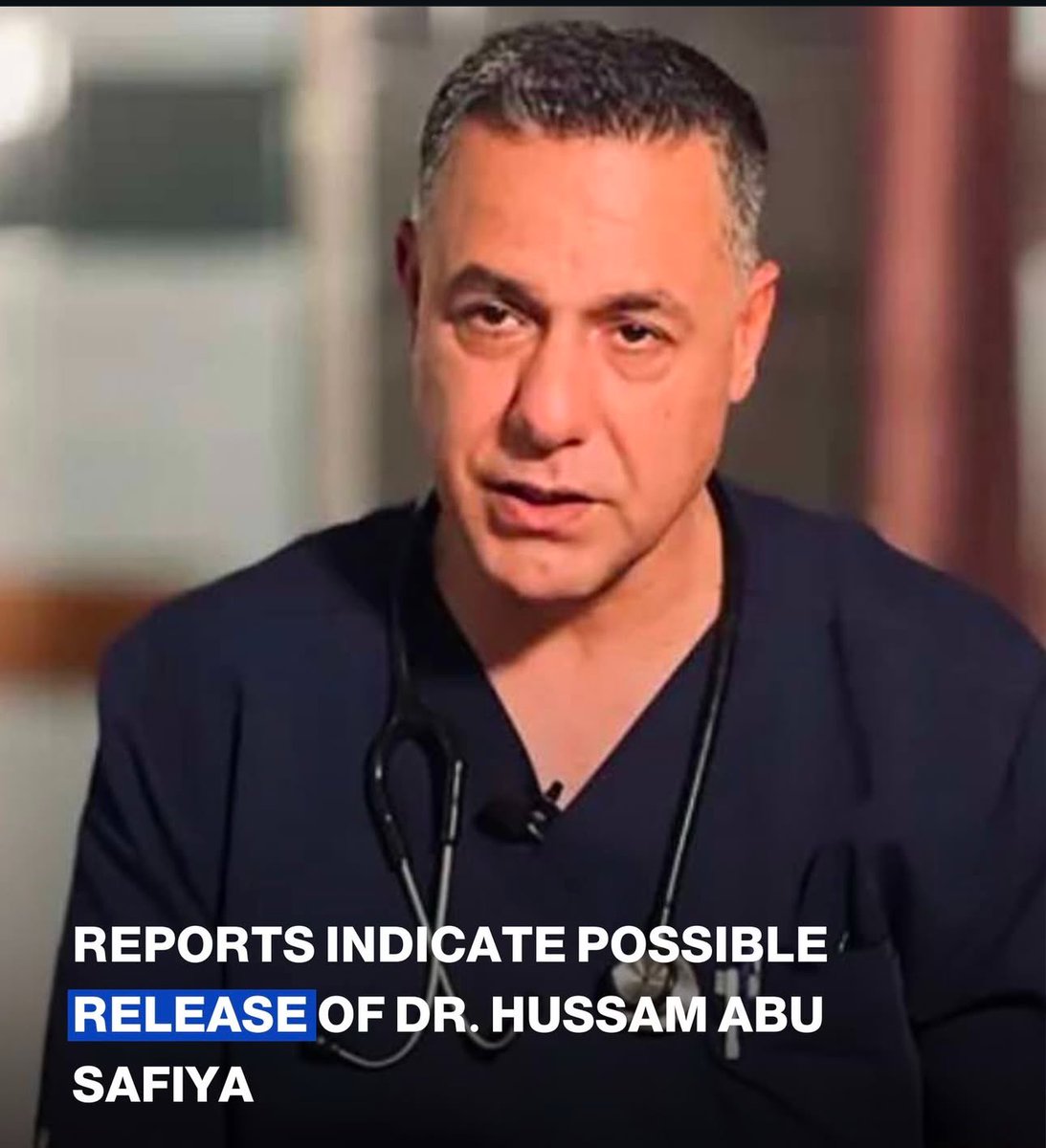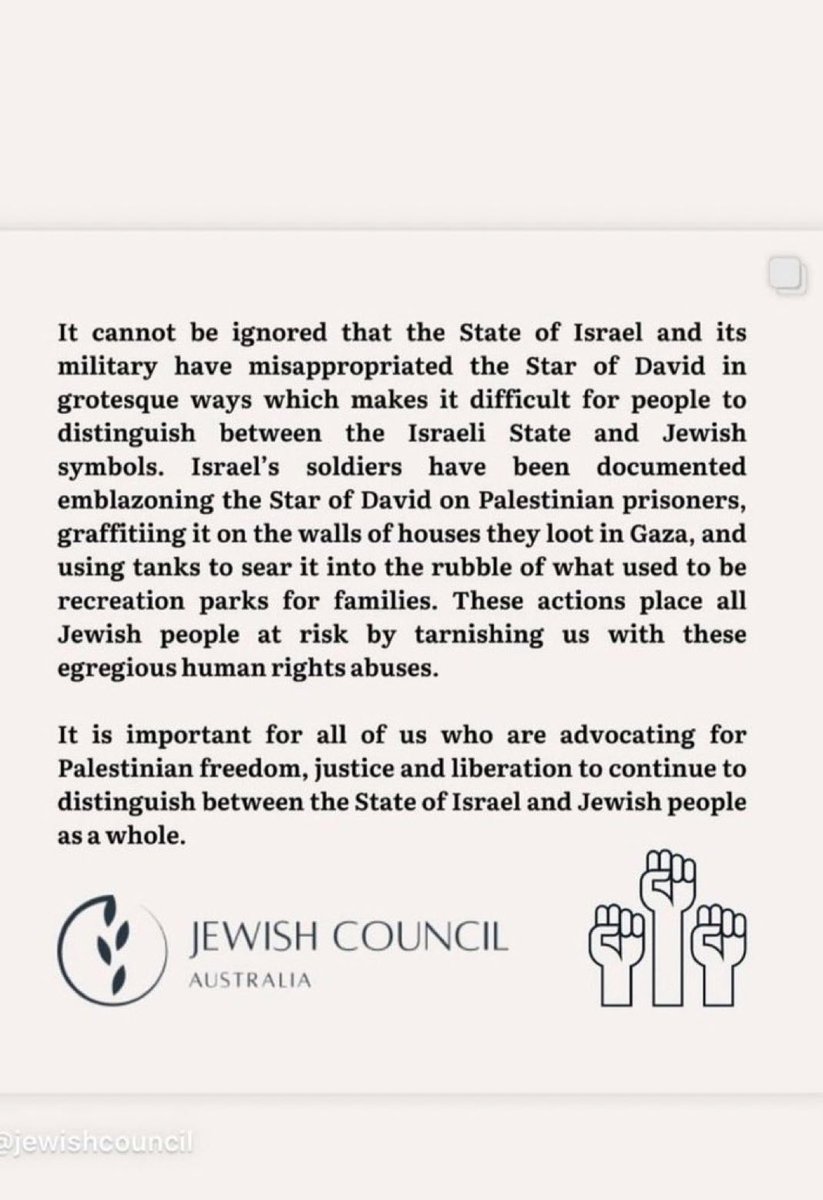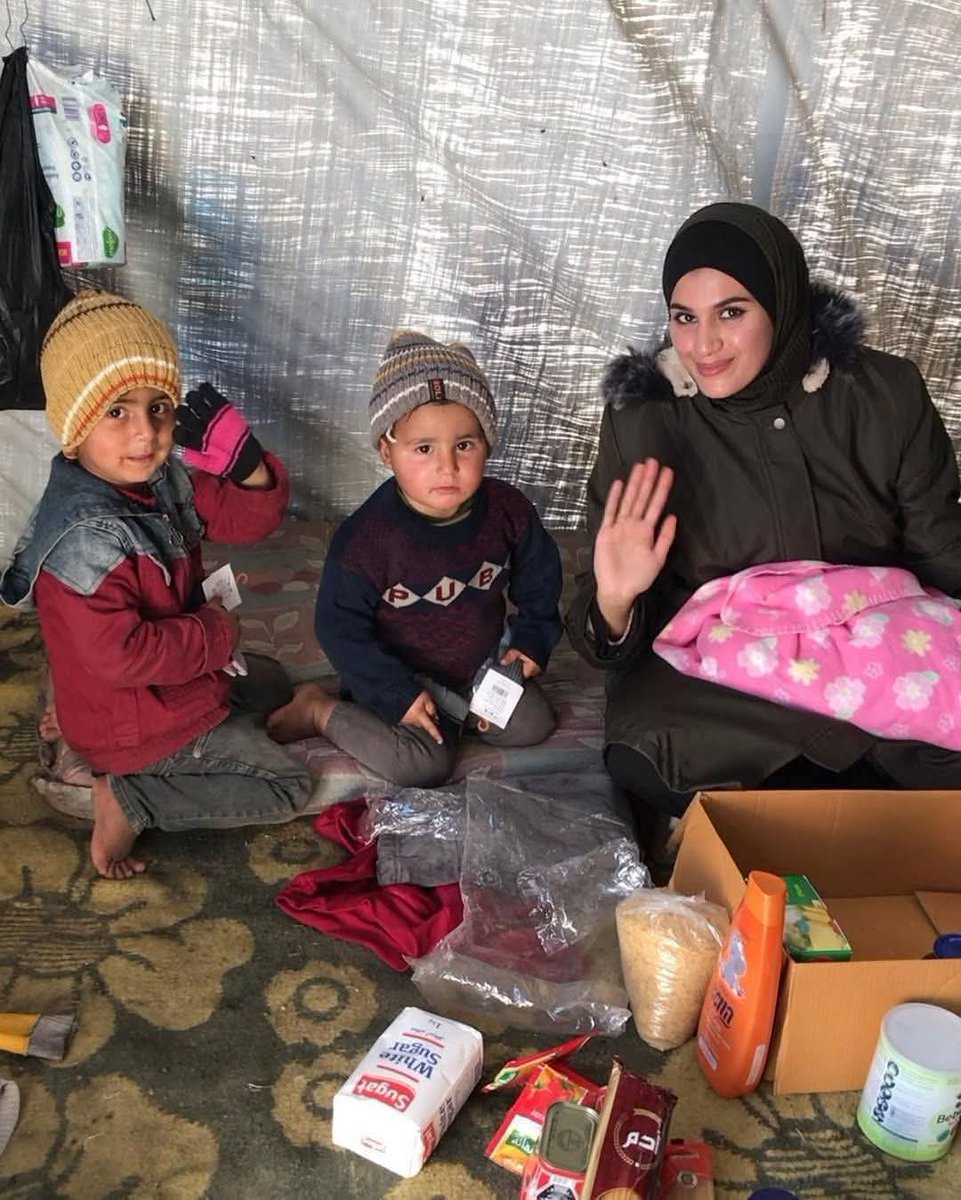Jordan’s King Abdullah II will reject US President Donald Trump’s plan to take over Gaza and resettle Palestinians even if Washington cuts aid to the kingdom, local media said.
Abdullah is set to meet Trump at the White House on Tuesday, in the first meeting between an Arab leader and the US president since he assumed office last month.
The meeting comes shortly after Trump said Monday that he may cut aid to Jordan and Egypt if they don’t take in Palestinians from Gaza.
The US is a key supporter of Jordan, having signed a memorandum of understanding in September 2022 under which Washington provides $1.45 billion in annual financial aid to the kingdom from 2023 to 2029.
Last month, however, the Trump administration decided to freeze all foreign aid for 90 days to conduct a review process.
Red lines
In an article titled “The King and Trump: A Historic Meeting,” Al-Dustour editor-in-chief Mustafa Ryalat described the monarch’s visit to Washington as “historic in every sense of the word.”
He emphasized that the meeting comes at a “highly sensitive political moment as crises escalate across the region, but the king carries with him the well-known red lines of Jordan.”
Ryalat recalled that when Trump’s so-called “deal of the century” was rumored to include a plan for resettling Palestinians to Jordan as an alternative homeland, King Abdullah responded, “As a Hashemite, how can I back down on Jerusalem? Impossible. This is a red line. No to Jerusalem; no to an alternative homeland, no to resettlement [for Palestinians in Jordan].”
Trump’s “deal of the century,” unveiled in 2020 as a proposal for resolving the Israeli-Palestinian conflict, was widely rejected by Palestinians and the broader Arab world as it heavily favored Israel at the expense of Palestinian rights.
Ryalat acknowledged the difficulty of the current situation, stating, “Yes, the challenge is great, and yes, we are dealing with the most dangerous issue of the moment – forced displacement – but we, as Jordanians, led by our king, do not have the luxury of making deals at the expense of our principles. In our hands, we hold a firm position: No to resettlement.”
3 possible scenarios
In an article titled “The King-Trump Meeting: Three Scenarios for the Region’s Future,” Al-Rai editor-in-chief Khaled Al-Shuqran described the summit as a “critical turning point that could either reshape Washington’s position or deepen the crisis, with analysts focusing on three possible outcomes.”
He said the king, as a strategic US ally, could succeed in persuading Trump to abandon his displacement plan and return to supporting the two-state solution as the only viable path to peace.
Shuqran said another possible scenario includes US insistence on implementing the displacement plan, whether by forcibly transferring Gaza’s population to other countries or displacing them internally within the enclave.
The Jordanian journalist said Tuesday’s meeting could also end without a resolution, leaving the situation unchanged, with Israel maintaining its occupation, continuing the siege on Gaza, and freezing peace negotiations.
Shuqran warned that the third scenario “is the most dangerous because it fuels Palestinian despair and could trigger a third Intifada, potentially more violent than before, especially with rising extremism on both sides.”
“This stagnation will drain the resources of neighboring countries like Jordan, Egypt, and Lebanon, all of which are already struggling with refugee crises, leading to further social and political instability in the region,” he said.
“The US decision will determine not just the fate of the Palestinians, but also the future of regional alliances and the so-called ‘economic peace’ strategy that Trump’s administration has been promoting.”
Blackmail
In an article titled “Cutting US Aid to Jordan: We Will Not Bow, We Will Not Bargain,” journalist Awni Rjoub criticized Trump’s threat to halt financial assistance to Jordan, calling it “a new chapter of cheap political blackmail aimed at subjugating Jordan and forcing it to accept the rejected deal of the century.”
“Trump believes that Jordan, a small country in size but strong in will, can be coerced with financial threats. He is gravely mistaken,” he said.
“Jordan – its leadership and its people – will not bow. Our hands will not be forced, even if the entire world stands against us,” he added.
Jordan’s leverage
In the Al-Ghad newspaper, journalist Nidal Mansour highlighted the diplomatic significance of the king’s visit to the US.
“This is a politically complex and sensitive visit that will showcase Jordan’s strategic leverage after decades of close relations with Washington. The outcome will define the next phase both politically and economically.”
In an article titled “Before the King Meets Trump,” Mansour noted, “This may require shifts in alliances and strategies to confront upcoming challenges.”
“What is certain is that Jordan-US relations are entering uncharted waters under Trump, and the world is watching closely.”
Under the headline “Jordan, Trump, and the Bold Confrontation,” journalist Mundher Al-Houarat argued, “Trump has gone too far. He does not care about international law, making legal appeals futile.”
Instead, he suggested that Jordan should “deepen alliances with China, Russia, and the EU, convene an emergency Arab League summit, and engage with US institutions and the UN.
However, given Trump’s unpredictable nature, these efforts may not yield the desired results.”
He proposed a more direct approach: “To make Trump understand the consequences of his actions, Jordan must consider bold steps – such as hinting at freezing the Wadi Araba Peace Treaty (1994) with Israel, halting security and military cooperation with the US, and outright rejecting any aid that comes with conditions,” according to Anadolu.


